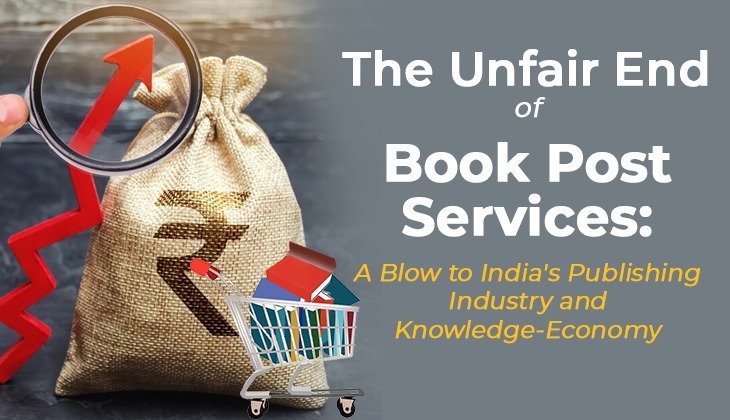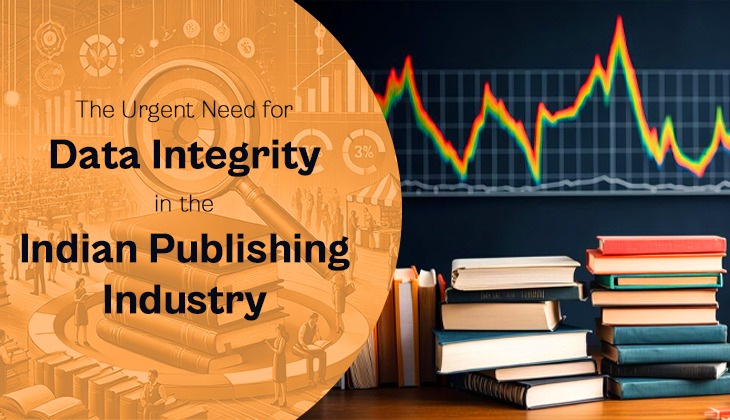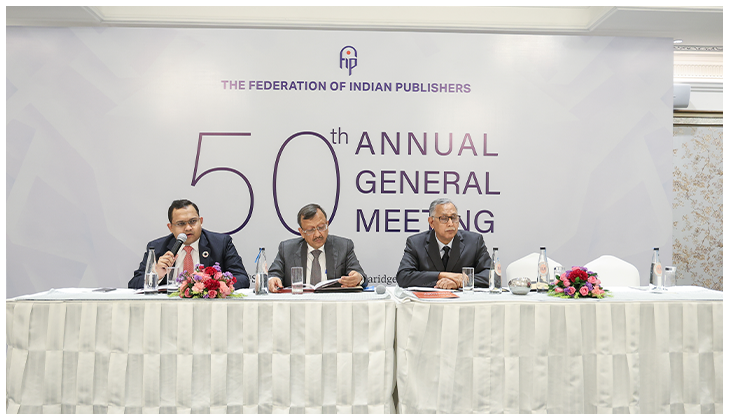We often look at diversity, equity and inclusion through a binary lens of gender or, at times, expand it to include ethnicities and races under this triad’s scope. Nonetheless, an equally underrepresented section of the society that has faced societal discrimination in more ways than we can count, has been the stratum that comprises specially-abled individuals.
The publishing industry has a significant role in ensuring accessibility for specially-abled individuals. The publishing business has a duty to ensure that all literary works are accessible to as many people as possible and that information is distributed to everyone equally. This is crucial for non-fiction works, like biographies and self-help books, which can have a significant influence on a person’s life. In a similar vein, I think that the publishing sector, through initiatives like bookshops, libraries, and book fairs, also ensures that this knowledge is accessible to those who need it.
Similarly, from what I have been able to gauge thus far, publishers play an important role in ensuring that all people have access to reading materials and may be powerful transformational leaders in the inclusion space since they have a unique potential to develop accessible reading materials and promote accessibility via their work. This refers to both their physical and digital capacity to do so. We, as crucial dissemination of information, must comprehend how technology affects reading and how to alter our publishing method to make it more accessible in order to carry out this duty. This further includes making titles available in alternate formats, providing tools such as text-to-speech, and working with special educators to make sure that the material is tailored to the needs of the different populace. Moreover, through its various publications, the industry can advocate for change and promote inclusive literacy policies in the long run and create a ripple of positive impact in the years to come.
Thus, another facet of our creative process – Audiobooks, can be a beneficial tool for specially-abled individuals. With a good selection, they can gain access to stories and information that would otherwise be unavailable, and these can also be produced and translated into local dialects, thus increasing the odds of accessibility. Audiobooks can also be an excellent resource for specially-abled individuals because they can be used to keep track of their progress despite the loss of vision or speech and can help in improving their literacy skills alongside providing entertainment.
Moreover, if we are to look at it from a global perspective, this initiative will align well with Sustainable Development Goal 4 by the UN, which ensures literacy for all and is a necessary effort to provide everyone with an opportunity to learn and grow. SGD4 strives to ensure “inclusive and equitable quality education and promote lifelong learning opportunities for all.” However, the definition of “all” should also include specially-abled individuals. Sustainable Development Goal 4 targets a number of issues faced in both developed and developing countries, including early childhood development, access to free, quality primary and secondary education, as well as to affordable technical, vocational and tertiary education. As publishing forms the backbone of the production of education-related material and if usage of eclectic formats is prompted, the odds of the furtherance of this SDG can be amplified by leaps and bounds by positive intervention by key stakeholders of this industry.
In the same vein, I firmly believe that instead of focusing on societal divides, one must focus on celebrating individual strengths as, with the proper support, everyone holds the potential to produce something brilliant. Thus, by following in the footsteps of the IPA, which encompasses the Accessible Books Consortium (ABC) under its umbrella, I ardently advocate the production of material in various formats that will increase the odds of their accessibility. The International Publishers Association (IPA), a founding member of ABC, is dedicated to building a future where all people with print impairments can access information, and I am striving to build a similar ethos in the Indian publishing landscape.



